A prayer for a humbler media
It’s been a year for the books. It is no exaggeration to state that we are lucky to have the country still standing — limping but still standing.
A mere 11 months ago, a mob of people were calling for Mike Pence’s hanging and the shooting of Speaker Nancy Pelosi. Two bombs were placed at the headquarters of the DNC and RNC, and video surfaced of 45 and his family dancing and enjoying the show. Yet we continue to see news organizations insisting on having election truthers and inciters of violence on their shows and not holding them to account. They treat an anti-democratic party bent on gaining power by any means as if it was a good-faith political actor.
Many sensible people will tell you the function of the press is to make sure that the fundamentals of democracy flourish in a country. We have heard many a politician and respected journalist assail our ears with the importance of a free and functioning press. My personal favorite is, of course, “Democracy dies in darkness.” The implication being rather obvious: The press is tasked with the responsibility to shine a light on the ills of the state to ensure that citizens can peek into its machinations. As 2021 comes to an end, does anyone believe the press has done this to the best of their abilities?
Watching or reading the news, one might be forgiven for thinking that the most important issues right now are whether the former president is going to run again, whether or not Vice President Harris’ staff is difficult to work with, or even whether the current president will run again in 2024.
Even if one argues that whether 45 runs again is newsworthy, there’s still a sense of the media floundering over how to cover an anti-democratic candidate. Last month, in a conversation between Jonathan Karl and Brian Stelter, Karl said he “did not have an answer yet” as to how to cover Trump in a new campaign. After four years of amateurish mistakes, four years of premium gaslighting, there’s still no answer. While Karl and his colleagues may not have answers, academia has provided several.
I hope next year brings us all a more reflexive (in the Pierre Bourdieu sense) and humble media. Specifically, I hope they will start taking seriously the fact that this country cannot keep on expecting Black women to carry its water every four years while refusing to listen to them when they raise alarm about issues. The disdain with which the press treats Black women in the interregnum periods between elections will end in tears if there isn’t a reckoning soon. I truly believe that democracy is what happens between elections, with elections the result of the policies deployed in this interregnum. As always, there are lessons to be learned from other countries who have had similar experiences. It’s time to acknowledge that the enduring belief of American media’s exceptionalism is toxic, and if it continues, it will take down democracy with it.
Something fascinating happened as I was writing my prediction this year. News from Minnesota broke that someone from the state had tested positive for the Omicron variant after traveling to New York City before Thanksgiving. That suggests it was in the United States well before the brilliant South African doctors announced the presence of a new variant in the country. I start here because American media has been quick to label Omicron a “South African variant” with complete disregard of the fact that this was untrue. There have been questions about whether the U.S. should restrict travel from African nations to the United States, echoing old tropes about diseased Africans infecting pure and clean westerners.
As an African living in this country, watching the media delight in its racism and xenophobia over my home continent is neither new nor shocking. One need only look at the coverage of Ota Benga, the 2010 World Cup, or the terror attacks at a Nairobi hotel.
I don’t expect a mea culpa; that would be akin to trying to squeeze water from a rock. I only pray that next time they will be more willing to wait, verify, and be a tad humbler in their coverage of how this and future viruses evolve. The old Kaplan trope of “the coming anarchy” is pure laziness. That said, I’m aware that, like many before me, I may never reach the promised land where Africans are covered as people. All I can do for now is hope, against all logic, that the narratives about my home continent will change.
j. Siguru Wahutu is an assistant professor of media, culture, and communication at New York University.
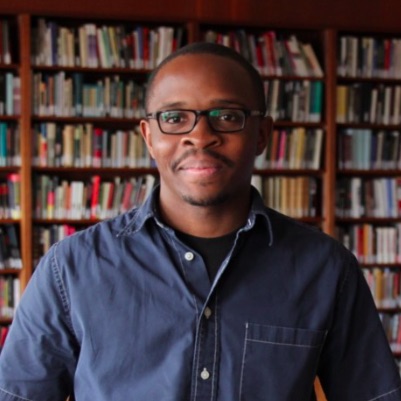
It’s been a year for the books. It is no exaggeration to state that we are lucky to have the country still standing — limping but still standing.
A mere 11 months ago, a mob of people were calling for Mike Pence’s hanging and the shooting of Speaker Nancy Pelosi. Two bombs were placed at the headquarters of the DNC and RNC, and video surfaced of 45 and his family dancing and enjoying the show. Yet we continue to see news organizations insisting on having election truthers and inciters of violence on their shows and not holding them to account. They treat an anti-democratic party bent on gaining power by any means as if it was a good-faith political actor.
Many sensible people will tell you the function of the press is to make sure that the fundamentals of democracy flourish in a country. We have heard many a politician and respected journalist assail our ears with the importance of a free and functioning press. My personal favorite is, of course, “Democracy dies in darkness.” The implication being rather obvious: The press is tasked with the responsibility to shine a light on the ills of the state to ensure that citizens can peek into its machinations. As 2021 comes to an end, does anyone believe the press has done this to the best of their abilities?
Watching or reading the news, one might be forgiven for thinking that the most important issues right now are whether the former president is going to run again, whether or not Vice President Harris’ staff is difficult to work with, or even whether the current president will run again in 2024.
Even if one argues that whether 45 runs again is newsworthy, there’s still a sense of the media floundering over how to cover an anti-democratic candidate. Last month, in a conversation between Jonathan Karl and Brian Stelter, Karl said he “did not have an answer yet” as to how to cover Trump in a new campaign. After four years of amateurish mistakes, four years of premium gaslighting, there’s still no answer. While Karl and his colleagues may not have answers, academia has provided several.
I hope next year brings us all a more reflexive (in the Pierre Bourdieu sense) and humble media. Specifically, I hope they will start taking seriously the fact that this country cannot keep on expecting Black women to carry its water every four years while refusing to listen to them when they raise alarm about issues. The disdain with which the press treats Black women in the interregnum periods between elections will end in tears if there isn’t a reckoning soon. I truly believe that democracy is what happens between elections, with elections the result of the policies deployed in this interregnum. As always, there are lessons to be learned from other countries who have had similar experiences. It’s time to acknowledge that the enduring belief of American media’s exceptionalism is toxic, and if it continues, it will take down democracy with it.
Something fascinating happened as I was writing my prediction this year. News from Minnesota broke that someone from the state had tested positive for the Omicron variant after traveling to New York City before Thanksgiving. That suggests it was in the United States well before the brilliant South African doctors announced the presence of a new variant in the country. I start here because American media has been quick to label Omicron a “South African variant” with complete disregard of the fact that this was untrue. There have been questions about whether the U.S. should restrict travel from African nations to the United States, echoing old tropes about diseased Africans infecting pure and clean westerners.
As an African living in this country, watching the media delight in its racism and xenophobia over my home continent is neither new nor shocking. One need only look at the coverage of Ota Benga, the 2010 World Cup, or the terror attacks at a Nairobi hotel.
I don’t expect a mea culpa; that would be akin to trying to squeeze water from a rock. I only pray that next time they will be more willing to wait, verify, and be a tad humbler in their coverage of how this and future viruses evolve. The old Kaplan trope of “the coming anarchy” is pure laziness. That said, I’m aware that, like many before me, I may never reach the promised land where Africans are covered as people. All I can do for now is hope, against all logic, that the narratives about my home continent will change.
j. Siguru Wahutu is an assistant professor of media, culture, and communication at New York University.
Alice Antheaume

Gordon Crovitz

Catalina Albeanu

Parker Molloy

Julia Munslow

j. Siguru Wahutu

Mandy Jenkins

Stefanie Murray

Michael W. Wagner

Kendra Pierre-Louis

Matthew Pressman

Natalia Viana

Melody Kramer

Zizi Papacharissi

Paul Cheung

James Green

Jesse Holcomb

Jody Brannon

Ståle Grut

Nik Usher

Anita Varma

Mary Walter-Brown

Cristina Tardáguila

Julia Angwin

Rachel Glickhouse

Wilson Liévano
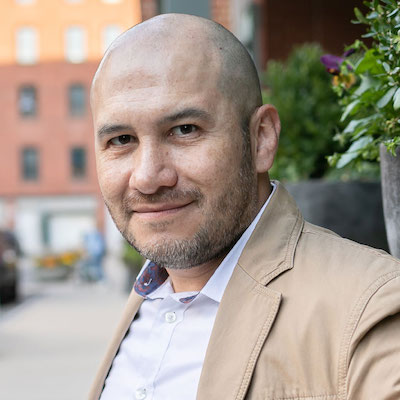
Joe Amditis

Jennifer Brandel

Whitney Phillips

Christoph Mergerson
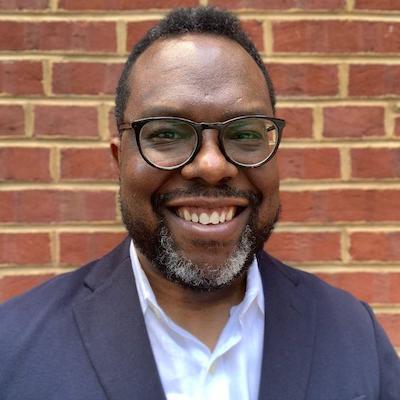
Tony Baranowski

Eric Nuzum

Amara Aguilar

Kristen Muller

Cherian George
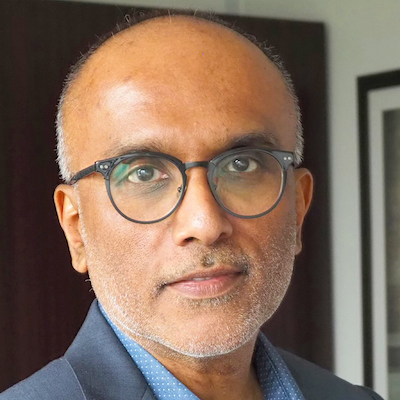
Gonzalo del Peon

Don Day

Joy Mayer

Laxmi Parthasarathy

Daniel Eilemberg

Sam Guzik

Rasmus Kleis Nielsen

John Davidow

Candace Amos
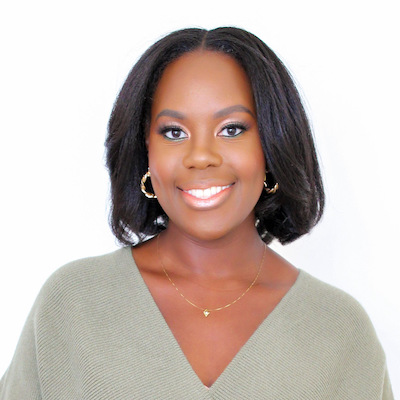
Anthony Nadler

Amy Schmitz Weiss
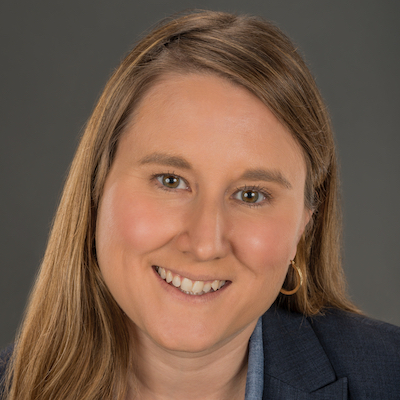
Shannon McGregor Carolyn Schmitt

Shalabh Upadhyay
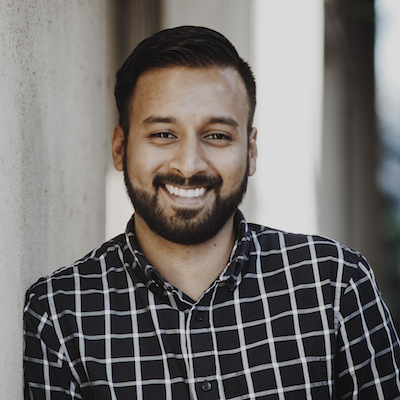
James Salanga

Tom Trewinnard

Doris Truong

David Skok

Kathleen Searles Rebekah Trumble

Matt DeRienzo

Cindy Royal

AX Mina

Mike Rispoli

Meena Thiruvengadam
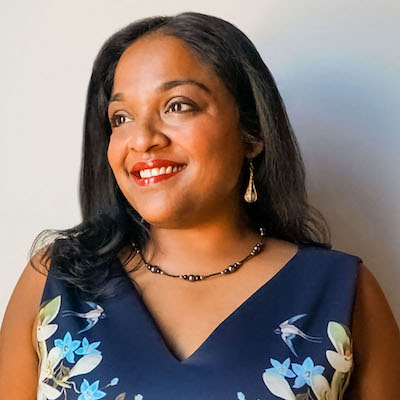
Gabe Schneider

Chicas Poderosas

Stephen Fowler

A.J. Bauer

Jonas Kaiser

Robert Hernandez

Christina Shih

Millie Tran

Chase Davis

David Cohn

Jessica Clark

Victor Pickard

Errin Haines

Sarah Marshall

S. Mitra Kalita
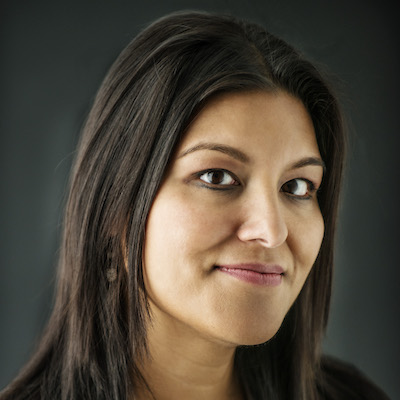
Matt Karolian

Jennifer Coogan

Kristen Jeffers
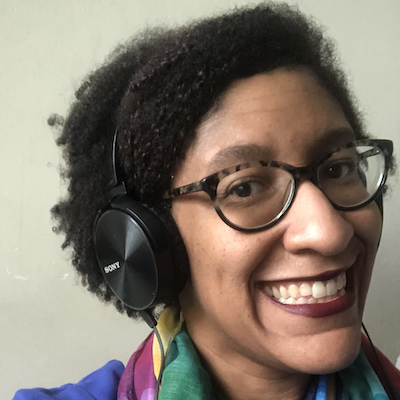
Ariel Zirulnick

Burt Herman
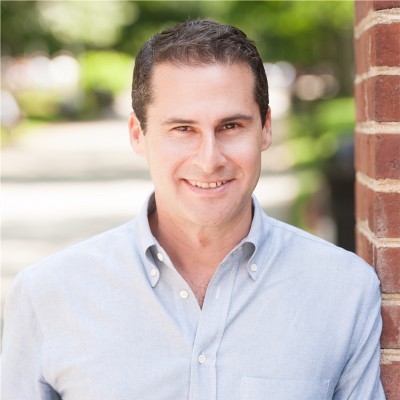
Tamar Charney

Mario García
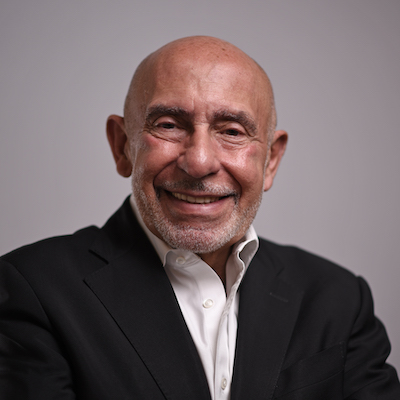
Anika Anand

Larry Ryckman

Joshua P. Darr

Sarah Stonbely

Jesenia De Moya Correa
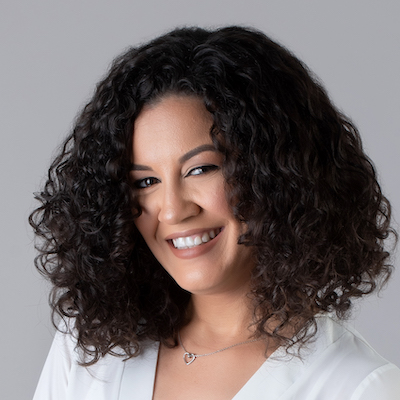
Andrew Freedman

Raney Aronson-Rath

Simon Galperin

Moreno Cruz Osório

Megan McCarthy

Joanne McNeil

Brian Moritz

Kerri Hoffman

Joni Deutsch

Richard Tofel

Francesco Zaffarano
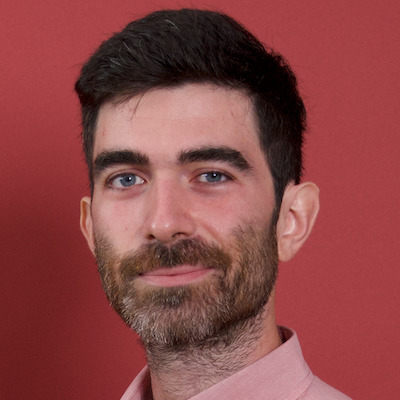
Izabella Kaminska

Juleyka Lantigua

Jim Friedlich

Simon Allison
